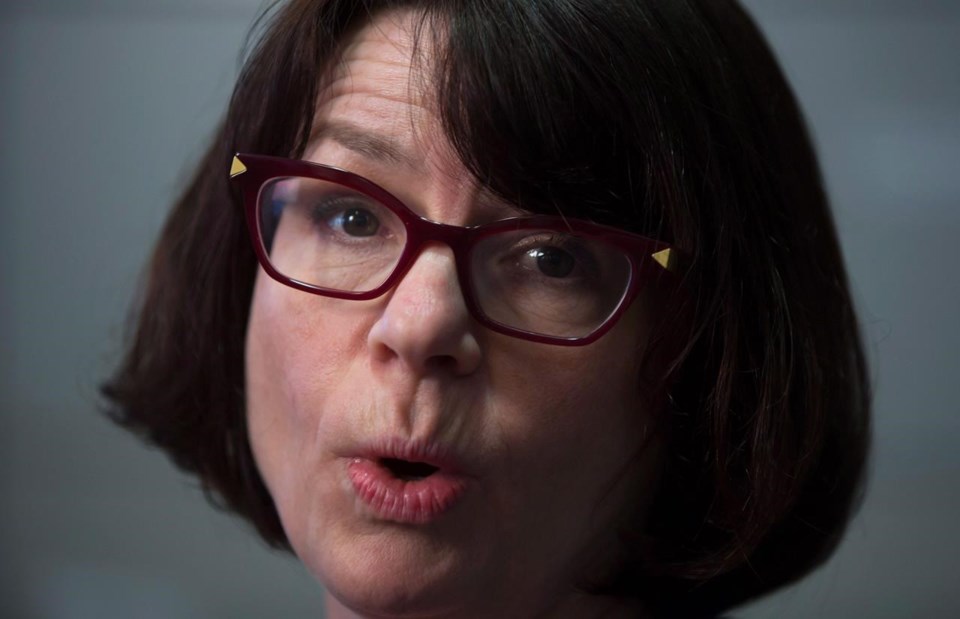VICTORIA — The isolation protocols of the COVID-19 pandemic that kept people from gathering in groups contributed to an increase in drug overdose deaths in British Columbia, says a health expert.
Illicit drug overdose deaths in B.C. had declined to below 1,000 people in 2019, but increased to more than 1,800 in 2020, the year the pandemic began, Dr. Reka Gustafson, chief medical health officer for Island Health, told about 300 addiction experts meeting in Victoria on Thursday.
"After five years of telling people not to use alone, we told an entire population not to be with each other," she said during an opening address at the Canadian Society of Addiction Medicine conference.
"That has had profound societal impact we are still dealing with," she said.
B.C.'s overdose death rate is now two times higher than it was when the province declared a public health emergency in 2016 as the opioid fentanyl flooded the illicit market, she said.
The BC Coroners Service reports almost 13,000 people have died from illicit drug overdoses since the health emergency was declared.
"We made it much more difficult for people to not be alone during the pandemic," Gustafson said in an interview following her address at the conference.
"Substance use, especially the use of the illegal drug supply, one of the biggest safety measures was not to use alone," she said. "If you overdose and you are not alone you are much less likely to die."
"That is one of the side-effects of our intervention," she said. "We have to own it. We have to measure it. And we have to make sure that the next time we contemplate these broad societal interventions we immediately consider and measure not just the effects of the intervention but the side-effects as well."
Pandemic restrictions implemented by the B.C. government limited gatherings at recreation venues, churches, pubs, nightclubs and other social gatherings, including weddings and parties.
Gustafson told the delegates that B.C. needs more overdose prevention sites and a renewed commitment to decriminalization as it tries to curb drug poisonings that kill and average of six people a day.
Drug treatment policies and programs must have the same status as any other health service, she said.
Gustafson said dedicated cancer treatment facilities and anti-alcohol initiatives are proven measures and approaches that would benefit addiction treatment in B.C.
She said the province needs to expand overdose prevention sites and "make them dignified."
Overdose prevention sites save lives, Gustafson said.
"We have clear evidence that supportive housing sites with overdose prevention services have substantially fewer deaths than supportive housing sites without overdose prevention services on the site," she said.
B.C.'s decriminalization of small amounts of hard drugs is a program that must continue, she said, despite concerns by some local governments and residents about public drug use in places used by children.
The B.C. government recently introduced legislation banning public drug use in parks, recreation areas, around bus stops and business entranceways, but it said it remains in support of decriminalization as a method to reduce the stigma of drug use.
"Personally, I feel if you see someone suffer, the answer is not to make them go suffer somewhere else," Gustafson said to applause from attendees.
She said the decriminalization debate has prompted reactions that have been uncomfortable at times, but likely give more attention to the issue.
"It has brought forward some very, very strong feelings, very, very persuasive stigma that's just under the surface in our society," said Gustafson. "Perhaps those conversations needed to be brought to the front."
This report by The Canadian Press was first published Oct. 19, 2023.
Dirk Meissner, The Canadian Press



